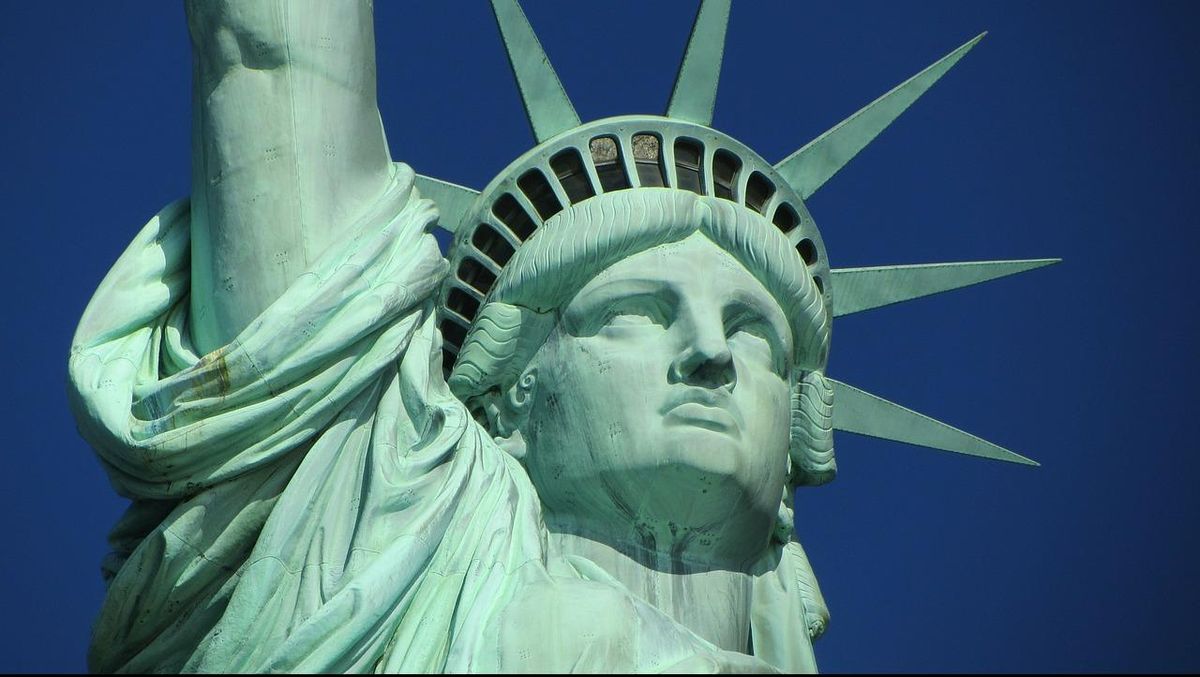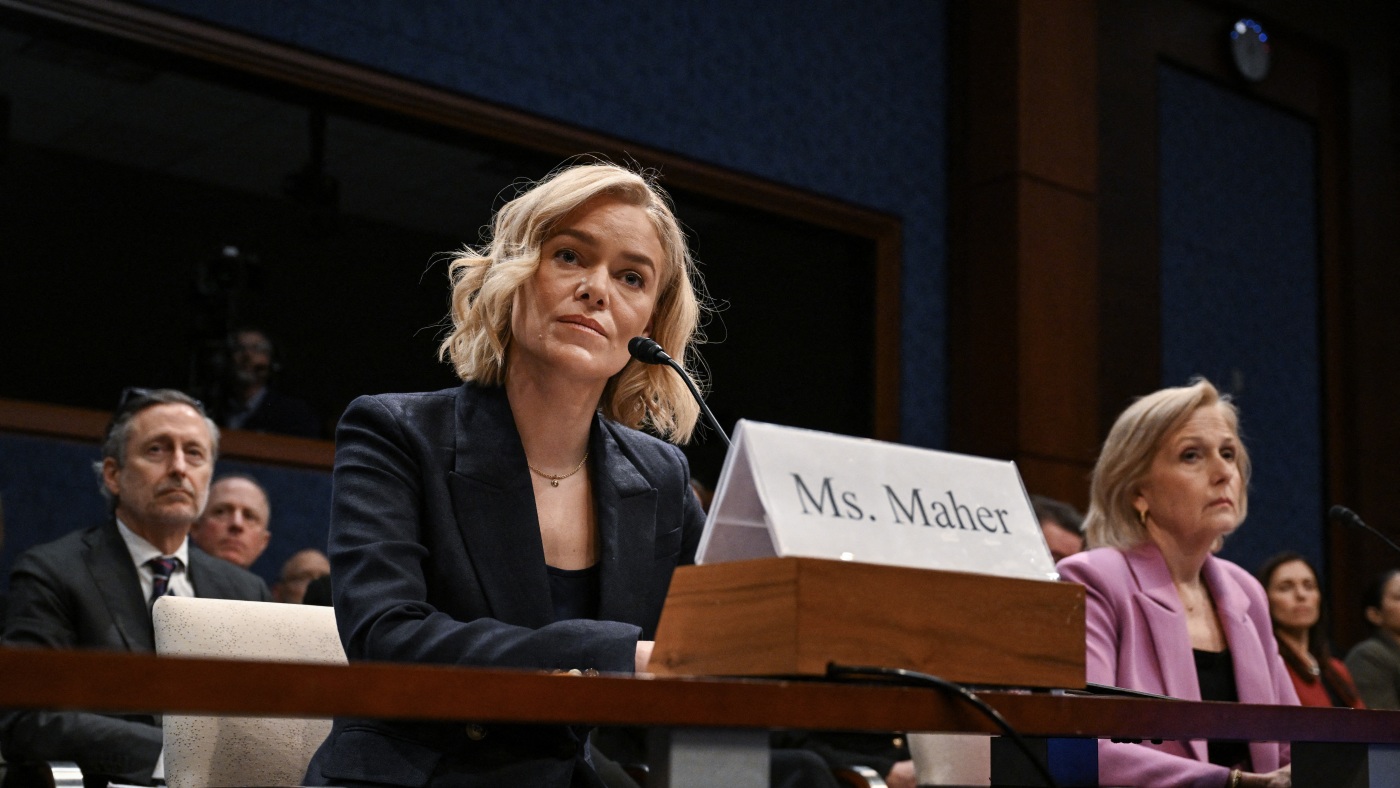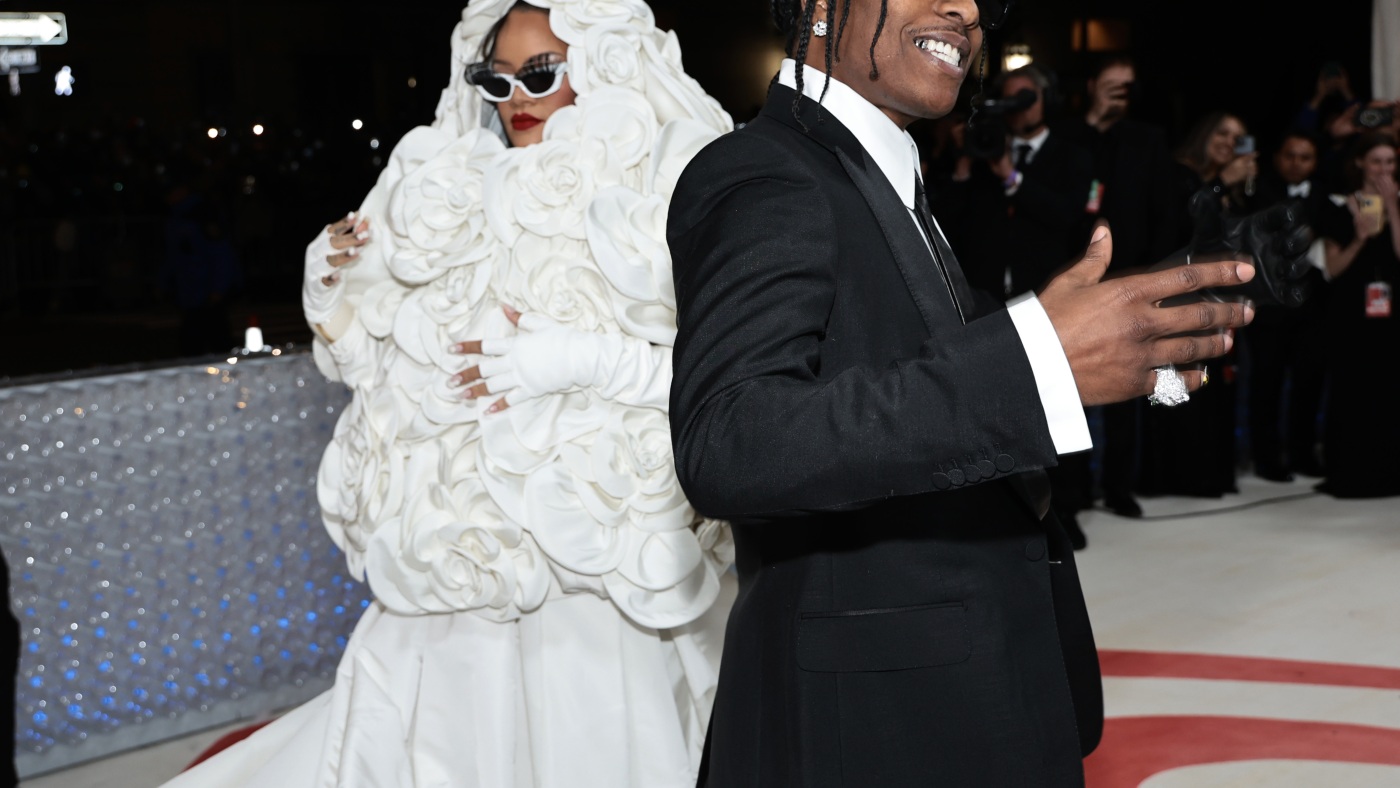
The Verizon logo is displayed on the exterior of a Verizon store. The FCC approved its $20 billion deal to buy Frontier Communications, a day after Verizon told the U.S. regulator that it would end many of its diversity-related policies. Justin Sullivan/Getty Images hide caption
toggle caption
Justin Sullivan/Getty Images
Verizon has become the latest big company to end policies around diversity, equity and inclusion, or "DEI," in order to keep the U.S. government happy.
It seems to have worked: on Friday, the Federal Communications Commission approved Verizon's $20 billion deal to buy broadband provider Frontier Communications. The FCC said that the deal will allow Verizon to upgrade the technology providing internet access to 25 states, including rural communities, and to deploy fiber-optic access to at least 1 million homes per year.
The FCC also touted the changes this deal will make to Verizon's internal policies. In its announcement approving the deal, the FCC specifically cited Verizon's commitment "to ending DEI-related practices."
The approval came a day after Verizon sent a letter to the FCC, outlining how it is ending many efforts related to diversity, equity and inclusion. The telecommunications giant is removing references to DEI from its training materials and external websites; ending bonuses and goals tied to increasing the percentage of workers who are women or minorities; and dissolving its internal human resources department devoted to diversity-related policies, while reassigning those employees to general "HR talent objectives."
"We are committed to creating a culture that leverages and values each person's unique strengths and talents," Verizon chief legal officer Vandana Venkatesh said in the Thursday letter to FCC Chairman Brendan Carr. (Spokespeople for Verizon did not respond to NPR's requests for comment.)
"However, we recognize that the regulatory and policy landscape surrounding diversity, equity, and inclusion ('DEI') has changed," Venkatesh added in her letter.
That's an understatement. Five years ago, after George Floyd's murder sparked national protests over systemic racism, corporate America rushed to promise workers and customers that it would create more equitable opportunities for people from all backgrounds — especially the minorities and women who have traditionally faced discrimination. But now, President Trump and his administration have declared war on such pledges.
Within hours of his January inauguration, Trump signed two executive orders seeking to end what he calls "illegal DEI" programs and policies in the federal government. His administration's actions have accelerated an ongoing DEI retreat across corporate America, where some private employers are federal contractors, and thus subject to the executive orders — and others, like Verizon and rival T-Mobile, are actively seeking U.S. government approval for business dealings.
In late March, T-Mobile also told the FCC that it was ending some of its DEI-related goals and programs. A day later, the FCC approved T-Mobile's deal to buy the fiber operator Lumos.
The FCC has taken an especially active role in the Trump administration's campaign against diversity-related programs. Earlier this year, Carr opened investigations into Comcast, which owns NBCUniversal, and Walt Disney Co., which owns the ABC television network, over what he called concerns that they are "promoting invidious forms of DEI discrimination."
But even many companies that aren't regulated by the FCC, or actively seeking U.S. government approval for business deals, are quietly abandoning their DEI efforts. As NPR reported in February, many U.S. companies have now scrubbed the very word "diversity" from even their most boring public documents.

 1 month ago
41
1 month ago
41


















































